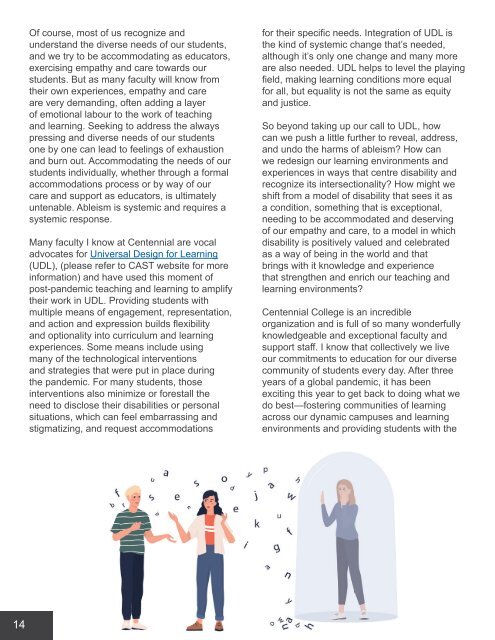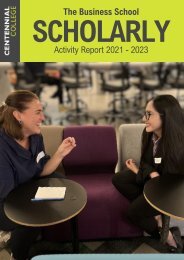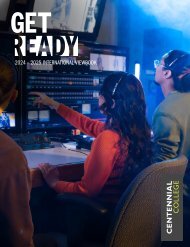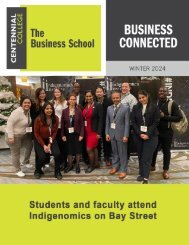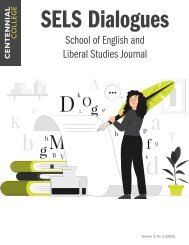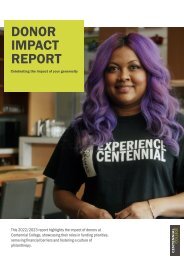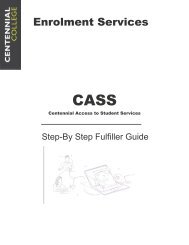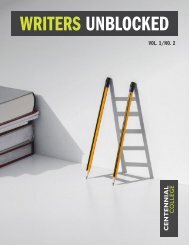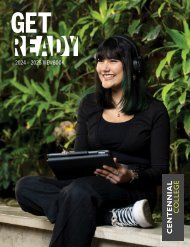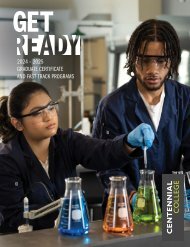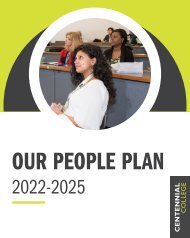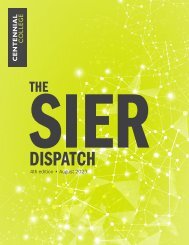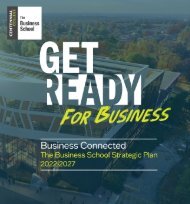The Teaching and Learning Innovation Digest - May 2023
Welcome to a truly special edition of the Teaching and Learning Innovation Digest! Our seventh annual academic publication has assumed an incredibly meaningful shape and form for a number of reasons. Not only did we receive an enthusiastic response with over 30 submissions via our institutional broadcast, but we also have consciously and intentionally embraced the principles of Universal Design for Learning by attempting to represent and celebrate the varied forms of expressions therein. From reflective essays, poetry, visual and performing arts, podcasts, video conversations to scholarly work, academic and applied research, news and updates, and interviews, this is truly a power-packed publication!
Welcome to a truly special edition of the Teaching and Learning Innovation Digest! Our seventh annual academic publication has assumed an incredibly meaningful shape and form for a number of reasons. Not only did we receive an enthusiastic response with over 30 submissions via our institutional broadcast, but we also have consciously and intentionally embraced the principles of Universal Design for Learning by attempting to represent and celebrate the varied forms of expressions therein. From reflective essays, poetry, visual and performing arts, podcasts, video conversations to scholarly work, academic and applied research, news and updates, and interviews, this is truly a power-packed publication!
You also want an ePaper? Increase the reach of your titles
YUMPU automatically turns print PDFs into web optimized ePapers that Google loves.
Of course, most of us recognize <strong>and</strong><br />
underst<strong>and</strong> the diverse needs of our students,<br />
<strong>and</strong> we try to be accommodating as educators,<br />
exercising empathy <strong>and</strong> care towards our<br />
students. But as many faculty will know from<br />
their own experiences, empathy <strong>and</strong> care<br />
are very dem<strong>and</strong>ing, often adding a layer<br />
of emotional labour to the work of teaching<br />
<strong>and</strong> learning. Seeking to address the always<br />
pressing <strong>and</strong> diverse needs of our students<br />
one by one can lead to feelings of exhaustion<br />
<strong>and</strong> burn out. Accommodating the needs of our<br />
students individually, whether through a formal<br />
accommodations process or by way of our<br />
care <strong>and</strong> support as educators, is ultimately<br />
untenable. Ableism is systemic <strong>and</strong> requires a<br />
systemic response.<br />
Many faculty I know at Centennial are vocal<br />
advocates for Universal Design for <strong>Learning</strong><br />
(UDL), (please refer to CAST website for more<br />
information) <strong>and</strong> have used this moment of<br />
post-p<strong>and</strong>emic teaching <strong>and</strong> learning to amplify<br />
their work in UDL. Providing students with<br />
multiple means of engagement, representation,<br />
<strong>and</strong> action <strong>and</strong> expression builds flexibility<br />
<strong>and</strong> optionality into curriculum <strong>and</strong> learning<br />
experiences. Some means include using<br />
many of the technological interventions<br />
<strong>and</strong> strategies that were put in place during<br />
the p<strong>and</strong>emic. For many students, those<br />
interventions also minimize or forestall the<br />
need to disclose their disabilities or personal<br />
situations, which can feel embarrassing <strong>and</strong><br />
stigmatizing, <strong>and</strong> request accommodations<br />
for their specific needs. Integration of UDL is<br />
the kind of systemic change that’s needed,<br />
although it’s only one change <strong>and</strong> many more<br />
are also needed. UDL helps to level the playing<br />
field, making learning conditions more equal<br />
for all, but equality is not the same as equity<br />
<strong>and</strong> justice.<br />
So beyond taking up our call to UDL, how<br />
can we push a little further to reveal, address,<br />
<strong>and</strong> undo the harms of ableism? How can<br />
we redesign our learning environments <strong>and</strong><br />
experiences in ways that centre disability <strong>and</strong><br />
recognize its intersectionality? How might we<br />
shift from a model of disability that sees it as<br />
a condition, something that is exceptional,<br />
needing to be accommodated <strong>and</strong> deserving<br />
of our empathy <strong>and</strong> care, to a model in which<br />
disability is positively valued <strong>and</strong> celebrated<br />
as a way of being in the world <strong>and</strong> that<br />
brings with it knowledge <strong>and</strong> experience<br />
that strengthen <strong>and</strong> enrich our teaching <strong>and</strong><br />
learning environments?<br />
Centennial College is an incredible<br />
organization <strong>and</strong> is full of so many wonderfully<br />
knowledgeable <strong>and</strong> exceptional faculty <strong>and</strong><br />
support staff. I know that collectively we live<br />
our commitments to education for our diverse<br />
community of students every day. After three<br />
years of a global p<strong>and</strong>emic, it has been<br />
exciting this year to get back to doing what we<br />
do best—fostering communities of learning<br />
across our dynamic campuses <strong>and</strong> learning<br />
environments <strong>and</strong> providing students with the<br />
means to thrive in their learning journeys. But recalling Dionne Br<strong>and</strong>, who asks us to think about<br />
what “normal” means—the violence of normal—for Black, Indigenous, racial minority, gender <strong>and</strong><br />
sexually diverse, <strong>and</strong> disabled communities, I invite you to linger a little while longer in the discomfort<br />
<strong>and</strong> uneasiness of “returning to normal” <strong>and</strong> to work together to use this movement of returning to<br />
refuse normal, to instead seek to realize genuine equity <strong>and</strong> justice in our teaching <strong>and</strong> learning<br />
practices <strong>and</strong> environments.<br />
References<br />
A conversation with Pam Palmater on COVID, racism, <strong>and</strong> Indigenous communities. (2020).<br />
Women of Influence. https://www.womenofinfluence.ca/2020/06/22/a-conversation-with-pampalmater-on-covid-racism-<strong>and</strong>-indigenous-communities/<br />
Betasamosake Simpson, Leanne. (2020). <strong>May</strong> 2021 be the year l<strong>and</strong> is once again refuge for<br />
Indigenous people. MacLean’s. https://macleans.ca/opinion/may-2021-be-the-year-l<strong>and</strong>-is-onceagain-refuge-for-indigenous-people/<br />
Br<strong>and</strong>, Dionne. (2022). Dionne Br<strong>and</strong>: On narrative, reckoning <strong>and</strong> the calculus of living <strong>and</strong> dying.<br />
Toronto Star. https://www.thestar.com/entertainment/books/2020/07/04/dionne-br<strong>and</strong>-onnarrative-reckoning-<strong>and</strong>-the-calculus-of-living-<strong>and</strong>-dying.html<br />
Dolmage, Jay Timothy. (2017). Academic Ableism: Disability <strong>and</strong> Higher Education. Ann Arbor,<br />
Michigan: University of Michigan Press. https://www.press.umich.edu/9708722/academic_<br />
ableism/?s=description<br />
Loeppky, John. (2022). With the shift to online learning, students with disabilities face new barriers.<br />
MacLean’s. https://education.macleans.ca/feature/with-the-shift-to-online-learning-studentswith-disabilities-face-new-barriers/<br />
14<br />
15


